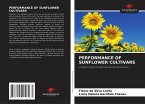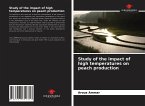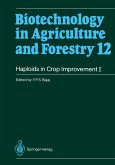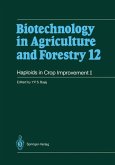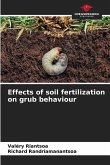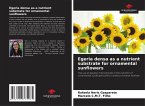Sunflower is a crop that has been disseminated in Brazil, with emphasis on the north-eastern region, both for its economic value and for the ease of adaptation to various climatic variations, but for this it is essential the climatic knowledge of the region, water availability and, mainly, soil quality. The objective was to evaluate the behavior of sunflower (cultivar EMBRAPA 122/V-2000) under levels of phosphate fertilization and available water in an Argissolo. The levels of available water in the soil did not affect the growth of sunflower while the dosages of phosphorus affected it significantly and with the absence of phosphorus resulted in a significant decrease, both in growth and production. However, the yield of phytomass showed a linear growth with increasing dosage of P and soil water availability. The best results for viable seed weight total seed weight and total number of seeds, were obtained with the maximum dosage of 120 kg ha-1 of P and 100% available water.
Bitte wählen Sie Ihr Anliegen aus.
Rechnungen
Retourenschein anfordern
Bestellstatus
Storno


